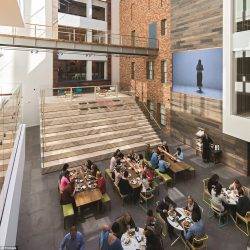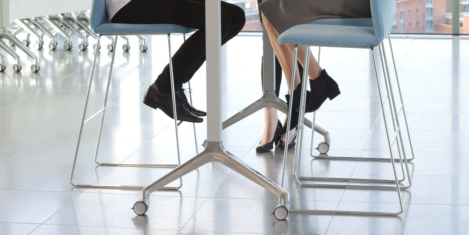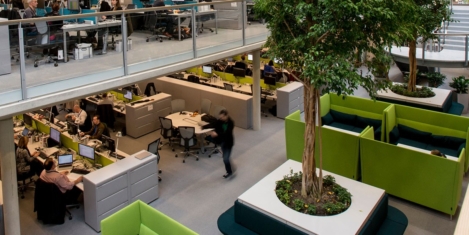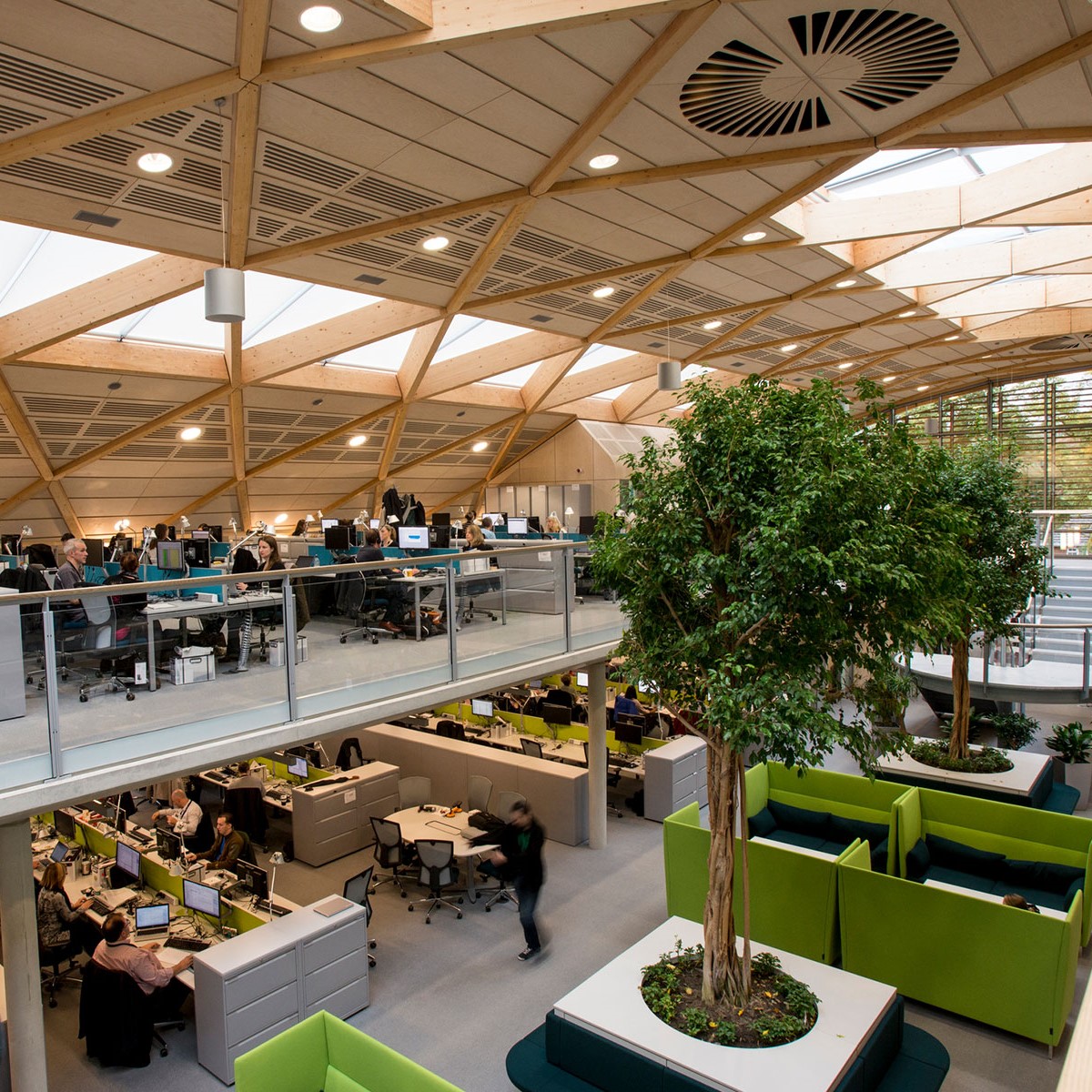October 11, 2019
Workers would prefer to lose a job to a robot than a human
 A new study published in the journal Nature Human Behaviour from academics at the Technical University of Munich and the Rotterdam School of Management claims that most people would prefer to be replaced in their job by a robot rather than another human. The study asked 2,000 workers in Europe and North America to respond to one of two scenarios in which they had to decide on the future of the workforce in an independent organisation or another organisation for which they themselves work which had decided to replace its current workforce completely with either robots or new human staff. More →
A new study published in the journal Nature Human Behaviour from academics at the Technical University of Munich and the Rotterdam School of Management claims that most people would prefer to be replaced in their job by a robot rather than another human. The study asked 2,000 workers in Europe and North America to respond to one of two scenarios in which they had to decide on the future of the workforce in an independent organisation or another organisation for which they themselves work which had decided to replace its current workforce completely with either robots or new human staff. More →




































October 14, 2019
The importance of patience in the workplace
by Antonio Argandoña • Comment, Wellbeing, Working lives